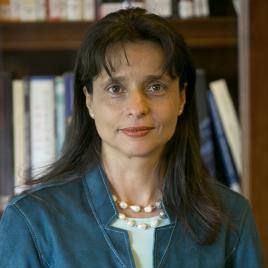Samuel Huntington´s seminal thesis on “Democracy´s Third Wave” published in 1991 broadened an ongoing debate on Democracy in the field of political science to a large interdisciplinary public all over the world. Both interest and controversy rose in a time the world was changing and our ideas on Democracy were soon to be challenged (and shattered) in unexpected ways. If on one hand, Democracy was visibly spreading to more and more countries, on the other, different concepts and models of Democracy were developing in a global world. A new critical approach was needed to understand the conditions of transition and consolidation in regions where Democracy was set up and to explain why this political system worked out very successfully in some places, while it failed in others. Likewise, it was urgent to cope with novel threats to Democracy in States with presumed solid democratic traditions. As the beginning of the 21st Century intensified uncertainties about a political invention that is at the core of our civilization and on which our life is built, it is of great importance to (re-)think the strength and weaknesses, the limits and possibilities of Democracy today. Accordingly, this seminar will focus on key concepts and debates on democratization, transition and consolidation and stimulate the students to critical research and debate on basic literature, as well as on relevant case studies in this area.
A terceira vaga de democratização: De 1974 até ao presente
3 ECTS / Semestral / Inglês




